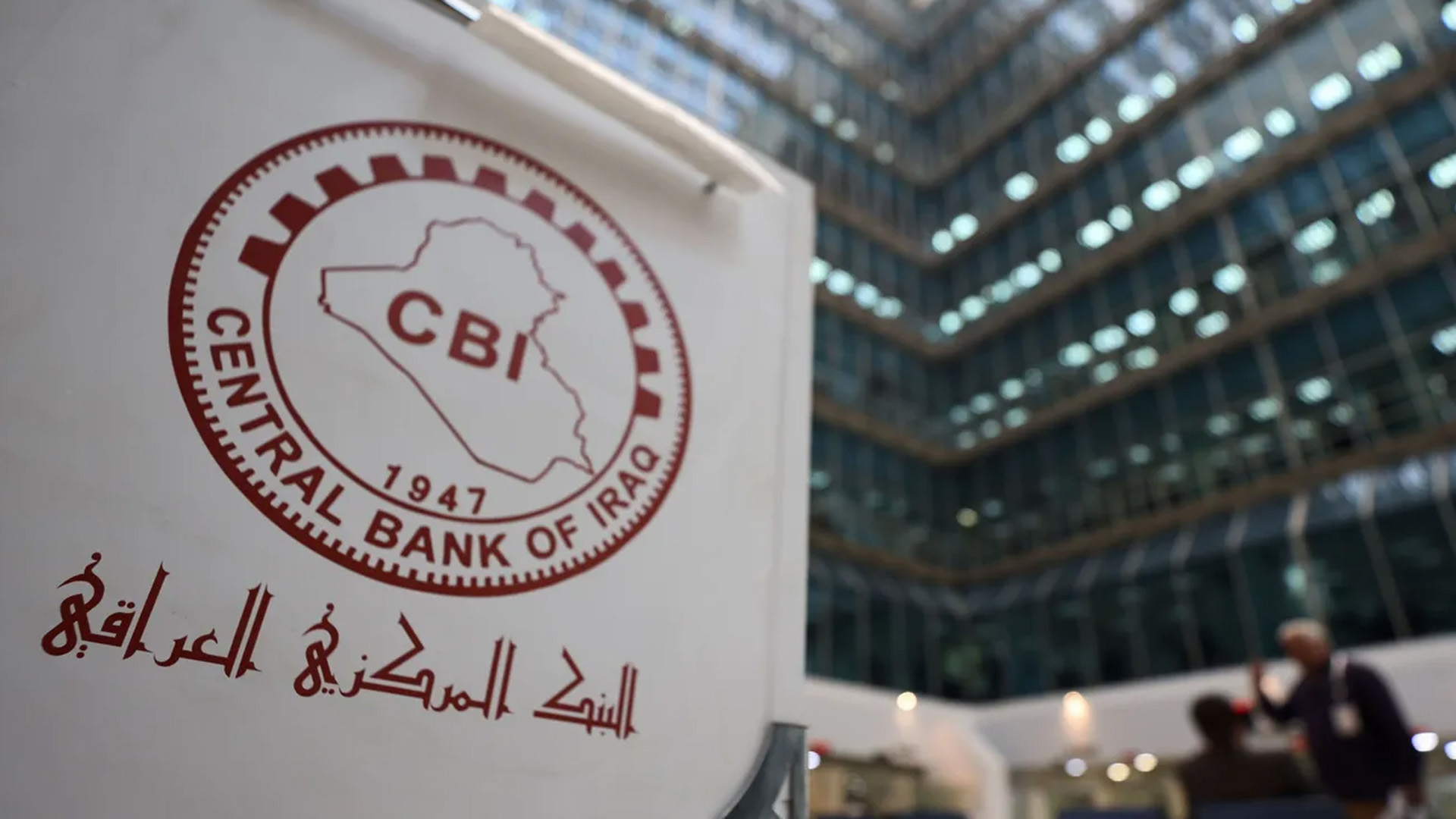Expert Report Sheds Light on Iraq's Economic Structures and U.S. Policy
A new expert report details Iraq's "shadow economy," where militia-linked banks and companies evade U.S. sanctions to fund Iranian proxies. The analysis follows recent Treasury sanctions targeting this "financial backbone" embedded within Iraq's official economy.

ERBIL (Kurdistan24) – A new report by U.S. national security expert Sam Butler, published Thursday by The Arab Weekly, sheds light on what he describes as Iraq’s “shadow economy,” a network of banks, companies, and financial actors allegedly used to evade American sanctions and sustain Iranian proxy groups operating inside the country.
In the report, titled “Washington Sanctions Expose Iraq’s Shadow Economy,” Butler examines the aftermath of the U.S. Treasury Department’s October 9 sanctions, which targeted militia-linked business networks and revealed what Washington called an “entire economic architecture built on militia finance.”
According to Butler, the sanctions expose how Iraq’s financial system has been transformed into a hub for money laundering and covert financing operations tied to Iran’s Revolutionary Guard Corps (IRGC) and its affiliated militias, including Kata’ib Hezbollah and Asa’ib Ahl al-Haq.
Butler said the sanctions came just days after his earlier article, “The Dark Side of Iraq’s Economic Boom,” published on October 4, in which he warned that Baghdad’s skyline “was rising on a foundation of dirty money.” He noted that his prediction was confirmed when Washington moved to sanction militia-linked business empires that had embedded themselves deep within Iraq’s official economy.
“On October 9, the U.S. Treasury imposed sweeping sanctions on Iraq’s militia-linked business networks, describing them as the ‘financial backbone’ of Iran’s proxy operations in the region,” Butler wrote. He added that the sanctions not only targeted specific figures but also “unveiled an entire economic system built on corruption, militia finance, and the manipulation of reconstruction funds.”
In his new report, Butler argues that over the past year Iraq has projected an image of rapid growth and reconstruction—new towers, cranes across Baghdad, and an influx of investment. But beneath this image, he says, lies an economy “dominated by political patrons, militia financiers, and networks tied to Tehran.”
He describes a “silent merger” between the Iraqi state and its shadow structures, where ministries award contracts to front companies and banks launder millions for Iran’s proxies. “What began as insurgency has become infrastructure,” he wrote, noting that entire sectors, from construction to commerce, are now fueled by militia-controlled capital.
Butler cites U.S. Treasury statements that accuse Iran-backed militias of infiltrating Iraq’s security and financial systems, using corruption and extortion to monopolize resources and weaken the country’s sovereignty. According to the Treasury, these groups are responsible for attacks against U.S. personnel and allies across the Middle East.
The sanctions list includes Kata’ib Hezbollah’s commercial arm, Muhandis General Company, and its agricultural front, Baladna Investments, both accused of diverting government contracts and laundering money under the pretext of reconstruction. Also named were Aqeel Meften, the head of Iraq’s National Olympic Committee, and his brother Ali Meften, accused of using a commercial bank to move funds for Iran’s Quds Force.
“The U.S. Treasury’s actions,” Butler wrote, “offer a rare X-ray of an economy rewired for corruption and powered by militia capital.”
In his analysis, Butler also details what he calls Iraq’s culture of “cosmetic compliance,” in which restricted banks under U.S. scrutiny hire auditors, consultants, and public relations firms to project an image of reform while their illicit activities continue. He cites examples such as the Union Bank of Iraq, which recently partnered with an international accounting firm in what U.S. officials described as “window dressing” rather than real reform.
According to Butler, the International Development Bank (IDB) and several other institutions have been quietly restricted from accessing U.S. dollars—an informal enforcement process he refers to as “silent blacklisting.” Despite the restrictions, many of these banks remain operational by reshuffling ownership structures and rebranding themselves through new leadership.
“The façade of reform has evolved beyond paperwork,” Butler wrote. “Iraq’s banks have entered a new phase of image laundering—swapping auditors and executives while the same power networks remain in control.”
Butler emphasizes that the October 9 sanctions represent more than a punitive measure—they mark a strategic escalation in Washington’s campaign to dismantle Iran’s financial networks in Iraq. He quotes senior U.S. officials who say the Treasury’s ultimate goal is to disrupt the systems that allow these networks to appear legitimate.
“The message from Washington is clear: legitimacy cannot be laundered,” Butler concludes. “This is not just about militias operating in the shadows; the shadows have moved into the heart of Iraq’s economy.”
He warns that the sanctions’ long-term effect will likely reshape Iraq’s financial landscape, as any institution found to be entangled with militia-linked funding could face exclusion from the global banking system. “The cranes may still be moving,” Butler writes, “but the ground beneath them is beginning to shift.”